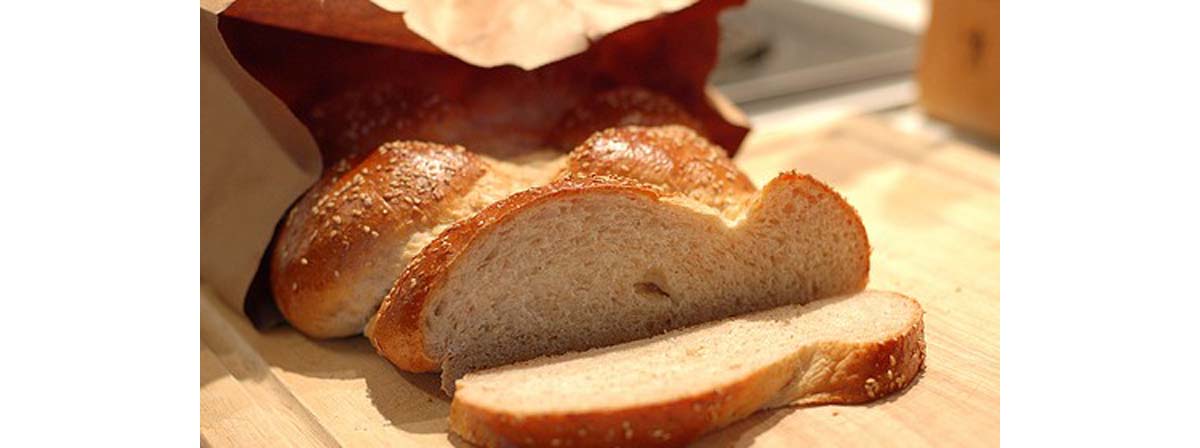Table of Contents
Weight loss, fat loss and even muscle gain all ultimately come down to calories in versus calories out.

Eat fewer calories than you burn and you’ll lose fat. Eat a little over what you burn and you’ll gain muscle, or eat a lot over what you burn and you’ll get fat. At the very bones of it, there’s not that much more to weight maintenance than that.
On this logic, bread can certainly be part of a healthy diet, and if you enjoy it, there is simply no need to cut it out.
Research seems to firmly suggest that more fiber is almost always beneficial in preventing cancer, heart disease and stroke, as well as aiding with weight loss. Fiber slows gastric emptying and digestion rates, which in layman’s terms means it helps keep you feeling fuller for longer – definitely a good thing when you’re on a diet and battling food cravings.
Many people also enjoy bread. Dieting shouldn’t be a chore and there’s no need to go all hardcore bodybuilder, or be a culinary Spartan and get rid of foods you enjoy eating that don’t affect your progress, simply because a certain guru said you should, or because it’s the fashionable thing to do.
Bread is extremely convenient – you don’t always have time to cook up a batch of sweet potatoes, wait for your vegetables to steam, or prepare a supposedly healthier carb source such as brown rice.
While there are no “essential” carbohydrates as there are essential proteins and essential fats, carbs certainly aren’t the dietary devil. Generally, your activity level and body composition determine how many carbs you should eat. If you’re looking to lose weight and naturally carry more fat you should look to a lower carb diet, while those who tend to stay lean year-round and want to add muscle should eat more carbs. Either way, bread is a useful carb source for energy and post-workout recovery.
Experiment with bread and see how you fare with it. If you can fit bread into your daily calorie and carbohydrate intake without craving more, or experiencing any stomach discomfort, bloating, or any other nasty side effects, keep it in. Try different breads too – sprouted grain breads and wraps, or rye bread tend to be lower in wheat and gluten and higher in protein, so if you only have a mild reaction to normal bread, you might find you’re fine with these.
Bread isn't really "that bad", in conclusion, but whether you should eat it, and how much, depends on your goals, your body, and of course your personal preferences. One thing is for sure, though — you can eat bread and still lose weight and fat, and you can still gain muscle, too.
- "What is Wrong With Grains"
- By Sebastian Noel
- Accessed on May 9th, 2013
- Retrieved from http://paleodietlifestyle.com/what-is-wrong-with-grains/
- Photo courtesy of Moyan Brenn by Flickr : www.flickr.com/photos/aigle_dore/5951666351/
- Photo courtesy of Rebecca Winzenried by Flickr : www.flickr.com/photos/53054235@N03/4961958204/


Your thoughts on this